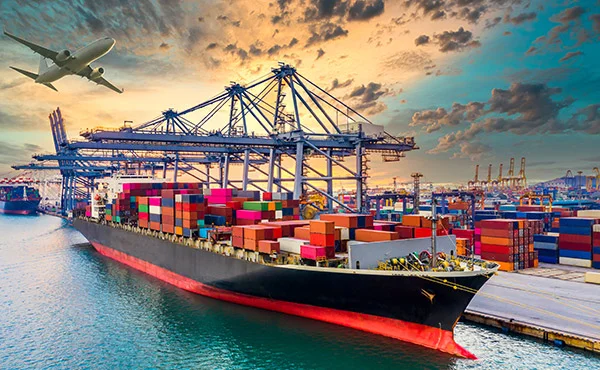Indonesia, the 16th largest economy in the world, holds a significant position in global trade. In this blog post, we will delve into the imports and exports data of Indonesia, shedding light on the country’s major trading partners and key commodities.
Additionally, we will discuss the importance of businesses having access to reliable import and export data, highlighting Import Globals as a preferred provider in this regard.
Overview:
As of 2021, Indonesia ranks 27th globally in total exports and 30th in total imports. Its GDP per capita places it at the 111th spot. Furthermore, Indonesia’s economic complexity index (ECI) ranks it as the 61st most complex economy in the world.
Exports:
Indonesia’s top exports play a crucial role in shaping its trade landscape. The leading export commodities include:
- Coal Briquettes ($28.4B)
- Palm Oil ($27.3B)
- Petroleum Gas ($8.06B)
- Ferroalloys ($7.16B)
- Large Flat-Rolled Stainless Steel ($6.68B)
These exports find their primary markets in:
- China ($54.5B)
- United States ($26.2B)
- Japan ($18.6B)
- India ($14.5B)
- Singapore ($13B)
Imports:
Indonesia’s imports are diverse, contributing to the country’s domestic needs and industries. According to the Indonesia import data the key imported goods are:
- Refined Petroleum ($14.5B)
- Crude Petroleum ($6.03B)
- Petroleum Gas ($4.27B)
- Vaccines, blood, antisera, toxins and cultures ($3.42B)
- Motor vehicles; parts and accessories (8701 to 8705) ($3.19B)
These imports are primarily sourced from:
- China ($60.4B)
- Singapore ($18.4B)
- Japan ($13.2B)
- United States ($9.69B)
- Malaysia ($9.55B)
The Importance of Access to Indonesia Customs Data and Import Globals as a Reliable Provider:
Having access to accurate and up-to-date customs data is crucial for businesses engaged in international trade. Here’s why businesses should consider leveraging Import globals as their preferred imports and exports data provider:
a) Market Insights: Accessing Indonesia customs data allows businesses to gain valuable market insights, such as identifying emerging trends, potential partners, and competitive advantages. It enables informed decision-making and enhances overall competitiveness.
b) Risk Mitigation: Import globals offer comprehensive and reliable customs data, which assists businesses in assessing the risks associated with specific commodities, markets, or trading partners. This information helps in managing supply chain disruptions, compliance issues, and potential financial risks.
c) Market Expansion: With a robust understanding of the Indonesian market through customs data, businesses can explore new opportunities, identify untapped markets and develop effective market entry strategies. It enables targeted expansion plans and enhances growth potential.
d) Compliance and Efficiency: Import globals provide accurate and detailed customs data, ensuring businesses comply with import and export regulations. Accessing such data streamlines customs clearance processes minimizes delays, and enhances operational efficiency.
Conclusion:
Indonesia’s imports and exports data demonstrate the country’s significance as a global trading player. With its diverse range of commodities and trading partners, businesses can leverage this information to make informed decisions and maximize opportunities.
By partnering with Import Globals as a reliable provider of imports and exports data, businesses can enhance their market intelligence, mitigate risks and optimize their operations in the dynamic Indonesian trade landscape.


















